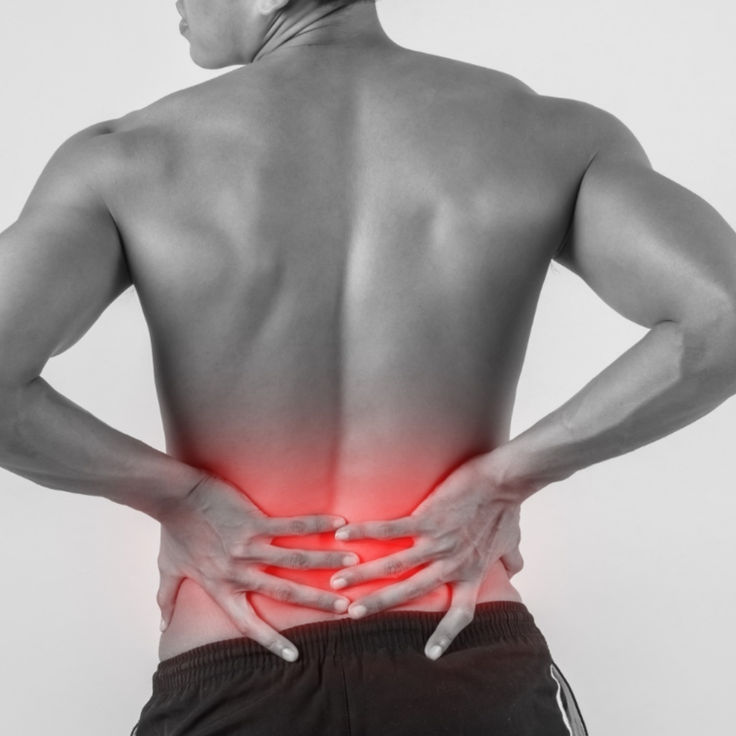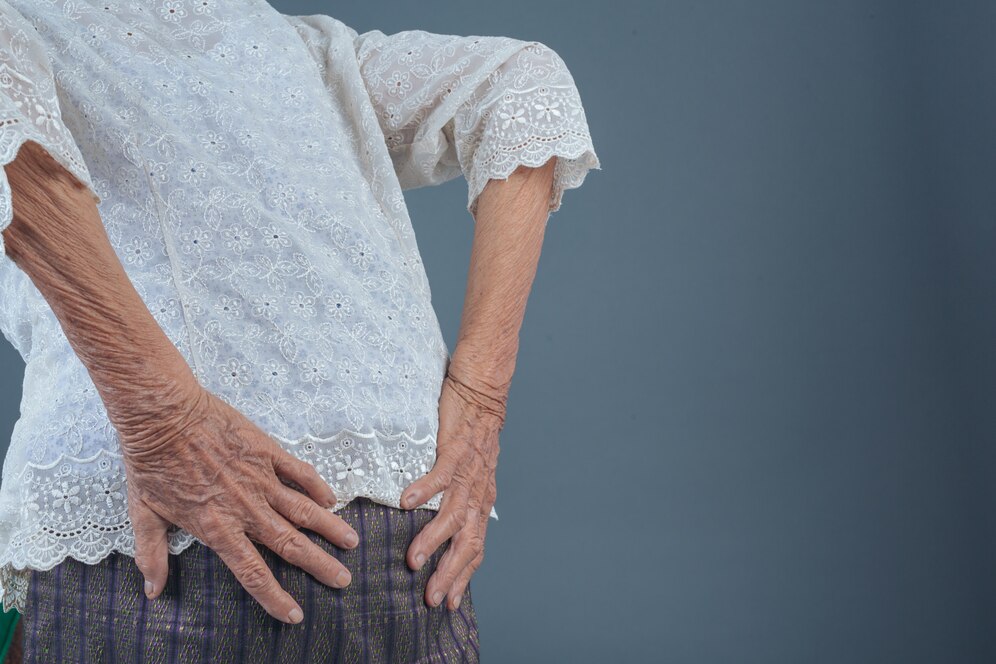When you face a sports injury in North Plains, it's crucial to understand that recovery isn't just about resting—it involves multiple facets working together. You might find that a tailored rehabilitation program, proper nutrition, and even mental resilience can greatly influence your recovery journey. Physical therapists can help craft a plan tailored to your needs, but there's more to reflect upon. How do these elements interact, and what role does your mindset play in getting back to peak performance? The answers might surprise you.
Understanding Sports Injuries
When it comes to sports injuries, it's important to grasp what they really are and how they happen. Sports injuries typically occur during physical activity, often due to overuse, improper technique, or accidents. You might sprain an ankle while running, strain a muscle during a workout, or even suffer a fracture from a collision. Understanding the nature of these injuries can help you prevent them and manage recovery effectively.
Injuries can be classified into two main categories: acute and chronic. Acute injuries happen suddenly, often resulting from a specific incident, like a fall or a tackle. You'll usually feel immediate pain and may notice swelling or bruising.
Chronic injuries, on the other hand, develop over time due to repetitive stress on certain body parts. This might happen if you push yourself too hard without adequate rest or neglect proper warm-up routines.
Recognizing the signs of an injury is vital. If you feel persistent pain, swelling, or limited range of motion, it's important to listen to your body. Ignoring these symptoms can lead to more severe problems down the road.
Plus, being aware of common injuries in your sport can help you take preventative measures.
Importance of Physical Therapy
Physical therapy plays an important role in recovering from sports injuries, often making the difference between a quick return to activity and a prolonged recovery. When you sustain an injury, it's essential to address not only the immediate pain but also the underlying issues that could lead to future problems. A skilled physical therapist will assess your condition, identify specific weaknesses, and develop a tailored rehabilitation program.
Engaging in physical therapy helps you regain strength, flexibility, and mobility. You'll work on targeted exercises that promote healing and prevent further injury. This structured approach guarantees you're not just resting, but actively participating in your recovery.
Furthermore, physical therapists can teach you proper techniques for movement and exercise, which can be critical for avoiding re-injury in the future. Additionally, physical therapy can offer pain management techniques, such as manual therapy and modalities like ultrasound or electrical stimulation. These methods can help reduce inflammation and alleviate pain, making your recovery process more comfortable.
It's also important to have a support system during your recovery. Regular sessions with a physical therapist provide motivation and accountability, keeping you on track with your goals.
Ultimately, by committing to a physical therapy program, you're taking a proactive step toward not just healing but also enhancing your overall athletic performance. You'll be better equipped to return to your sport with confidence and strength, reducing the risk of future injuries.
Nutrition for Recovery
Recovery from sports injuries isn't just about physical therapy; nutrition plays an important role too. What you eat can greatly impact your healing process, so it's important to focus on a balanced diet that supports recovery.
First, prioritize protein. It's essential for muscle repair and rebuilding tissues. Incorporate lean meats, fish, eggs, beans, and legumes into your meals.
Next, don't overlook the importance of carbohydrates. They provide the energy you need for healing and help replenish glycogen stores used during your activities. Opt for whole grains, fruits, and vegetables to get the necessary vitamins and minerals that also support your immune system.
Healthy fats are another important component. Foods like avocados, nuts, seeds, and olive oil not only provide energy but also help reduce inflammation, which is crucial during recovery.
Hydration is equally important; drink plenty of water to keep your body functioning effectively. Dehydration can slow down your healing process.
Consider adding anti-inflammatory foods to your diet as well. Options like berries, turmeric, and fatty fish can combat inflammation and promote faster recovery.
Finally, don't forget about micronutrients. Vitamins C and D, along with zinc, play significant roles in tissue repair and immune function, so include citrus fruits, leafy greens, and fortified foods in your diet.
Mental Resilience Strategies
Mental resilience is a crucial element in overcoming sports injuries, as it helps you navigate the emotional and psychological challenges that come with recovery. Building this resilience involves adopting strategies that empower you to stay focused, positive, and determined throughout the healing process.
First, practice mindfulness techniques. By engaging in meditation or deep-breathing exercises, you can reduce anxiety and improve your focus. These practices allow you to center your thoughts and maintain a sense of calm amid the uncertainty of recovery.
Next, set realistic goals. Break down your recovery process into manageable milestones. This approach keeps you motivated and provides a sense of accomplishment as you achieve each step. Celebrate these small victories to reinforce your progress and boost your confidence.
Additionally, maintain a strong support network. Surround yourself with friends, family, or teammates who understand your journey. Sharing your feelings and experiences with others can help alleviate stress and foster a sense of connection, reminding you that you're not alone.
Lastly, cultivate a positive mindset. Challenge negative thoughts by focusing on what you can control. Visualize your recovery and success, and consider keeping a journal to document your feelings and progress. This practice encourages self-reflection and helps you track your emotional growth.
Role of Rest and Sleep
When you're recovering from a sports injury, getting quality sleep is essential for your healing process.
It not only helps your body repair itself but also boosts your mental sharpness.
Plus, incorporating active rest can keep your body engaged without straining it, promoting a smoother recovery.
Importance of Sleep Quality
Prioritizing quality sleep is essential for anyone recovering from a sports injury. When you're injured, your body needs extra time to heal, and sleep plays a fundamental role in that process. During deep sleep, your body releases growth hormones that aid in tissue repair and muscle recovery. If you skimp on sleep, you're not just feeling groggy the next day; you're hindering your body's ability to bounce back.
Good sleep quality also helps maintain your mental health. It reduces stress and anxiety, which can be heightened during recovery. When you're well-rested, you'll likely feel more motivated to follow your rehabilitation plan, leading to better outcomes.
To enhance your sleep quality, establish a regular sleep schedule, create a calming bedtime routine, and keep your sleep environment dark and cool. Avoid screens and caffeine close to bedtime, as these can disrupt your sleep cycle.
Benefits of Active Rest
Active rest plays an essential role in your recovery from a sports injury, and it can greatly enhance your healing process. Instead of complete inactivity, incorporating gentle movements can keep your body engaged while allowing injured areas to heal. This approach promotes blood circulation, delivering crucial nutrients to your muscles and tissues, which speeds up recovery.
You might think that resting means doing nothing, but active rest involves low-impact activities like walking, stretching, or swimming. These activities keep your joints flexible and help prevent stiffness, allowing you to maintain some fitness levels without straining your injury.
Additionally, active rest can positively affect your mental state. It helps reduce feelings of frustration or helplessness that often come with injuries. By staying engaged in physical activity, you can boost your mood and maintain a sense of normalcy in your routine.
Incorporating active rest into your recovery plan can also improve your sleep quality, enabling deeper and more restorative sleep.
Ultimately, balancing active rest with proper sleep will set the stage for a more effective recovery, helping you return to your sport stronger and more resilient.
Preventing Future Injuries
Many athletes worry about the risk of future injuries, but there are effective strategies to minimize that chance. First, prioritize a proper warm-up and cool-down routine. Warming up increases blood flow to your muscles, preparing them for activity, while cooling down helps reduce muscle stiffness afterward.
Don't skip these essential steps, as they set the stage for injury prevention.
Next, focus on strength training and flexibility exercises. Building strength in key muscle groups stabilizes your joints and can prevent common injuries. Incorporate exercises targeting your core, hips, and legs, as these areas are vital for balance and overall athletic performance.
Flexibility exercises, such as stretching or yoga, enhance your range of motion and decrease the risk of strains.
Pay attention to your body signals. If you feel unusual pain or discomfort, don't push through it. Instead, take a step back and assess the situation. Ignoring pain can lead to more severe injuries down the road.
Additionally, make sure you're using the right gear for your sport. Proper footwear and protective equipment can greatly reduce injury risk.
Finally, consider cross-training. Engaging in different activities can help you build overall fitness while reducing the repetitive stress that comes from focusing on a single sport.
Conclusion
In North Plains, effective sports injury recovery means embracing a holistic approach that combines tailored rehabilitation, proper nutrition, and mental resilience. By collaborating with physical therapists, fueling your body with the right foods, and focusing on mindfulness, you can bounce back stronger than ever. Don't forget the importance of rest and sleep in your recovery journey. By prioritizing these elements, you'll not only heal but also set yourself up for success and prevent future injuries.



